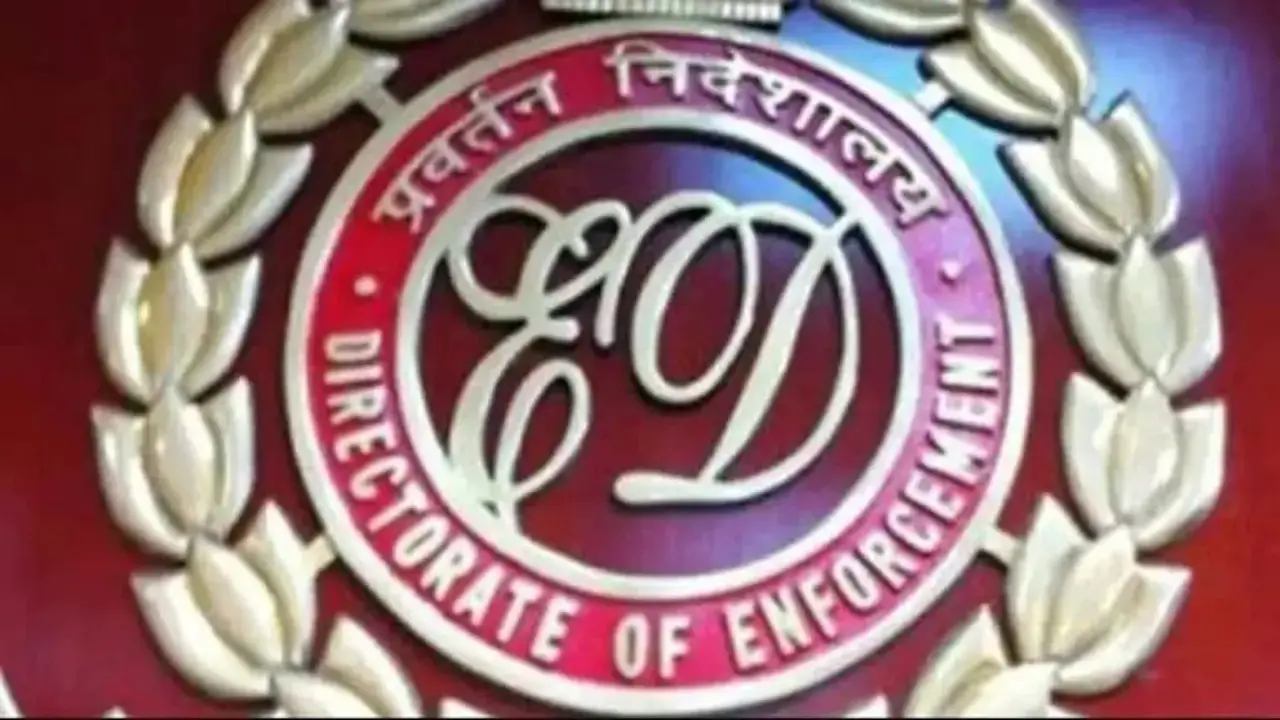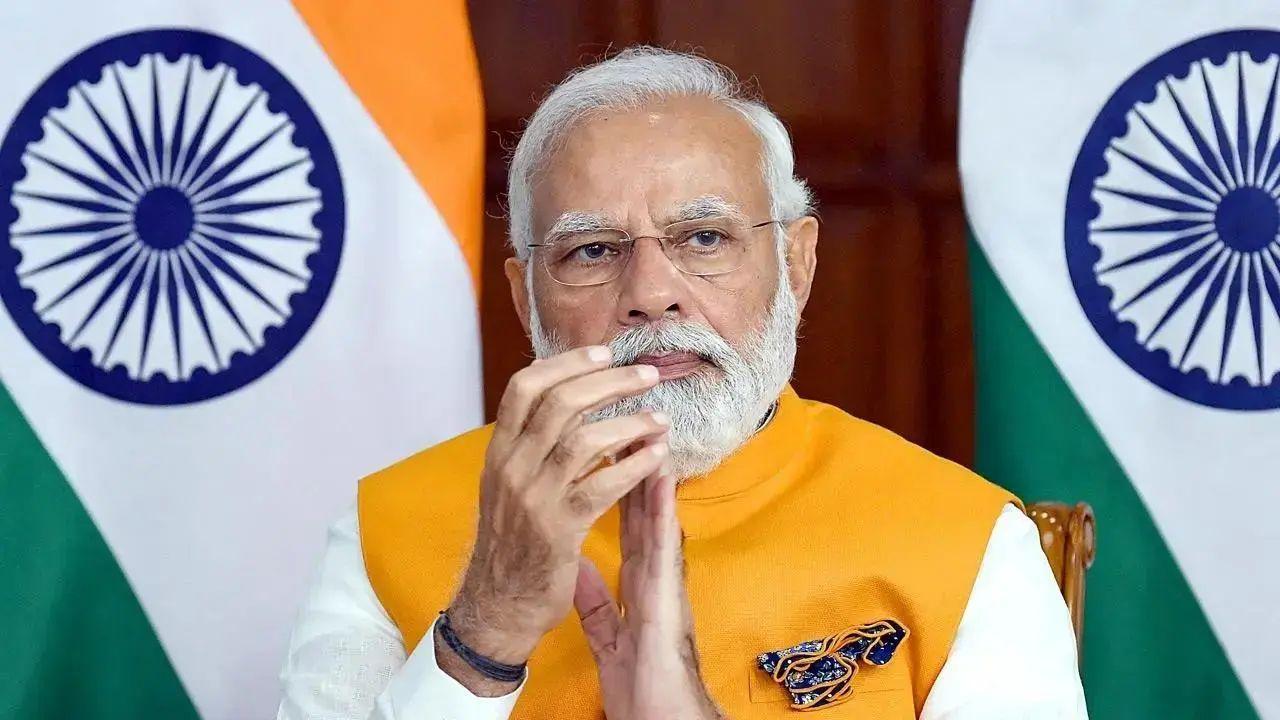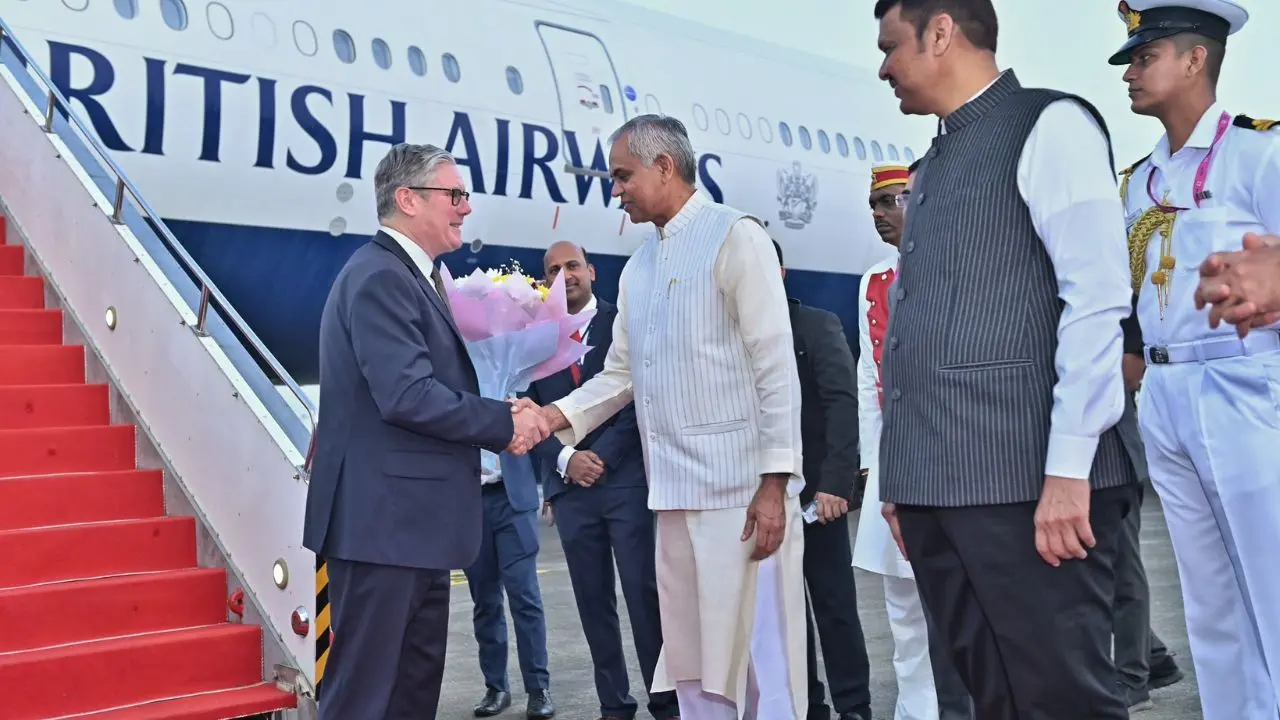Private vehicles continue to dominate Mumbai’s roads, with two-wheelers and cars making up nearly 88 per cent of more than 50 lakh vehicles, while public transport buses account for less than one per cent, the Brihanmumbai Municipal Corporation’s (BMC) ‘Environment Status Report 2024-25’ revealed.
The city`s vehicle population crossed the 50-lakh mark in 2024-25, marking a slight surge from 45,37,211 in 2023 and 47,59,976 in 2024. The city logged 50,54,907 vehicles as of March 2025, the report said. Two-wheelers constitute a major chunk (59.34 per cent), followed by cars, jeeps, and station wagons at 28.72 per cent, reported PTI, citing the report. Other categories include 5.02 per cent of autorickshaws, 3.27 per cent of taxis, 0.42 per cent of goods vehicles, and 0.02 per cent of tractors/trailers. The report also said that 2.72 per cent of the vehicles have been classified as other vehicles.
Between April 2024 and March 2025, at least 2.94 lakh new vehicles were registered in Mumbai, reflecting a significant rise of 6.2 per cent in registration. Of the newly registered vehicles, 60.87 per cent were two-wheelers, 23.94 per cent were cars, jeeps, and station wagons, 6.26 per cent taxis and cabs, 3.06 per cent autorickshaws, and 4.43 per cent goods vehicles. Buses accounted for just 0.73 per cent, while tractors/trailers and other vehicles contributed 0.09 per cent and 0.6 per cent, respectively.
Petrol remains the most common fuel type, with 39.83 lakh vehicles (78.79 per cent) running on it, followed by 5.63 lakh (11.15 per cent) on diesel and 4.36 lakh on compressed natural gas (CNG), reported PTI.
Mumbai currently has 48,854 electric vehicles, 11,418 liquefied petroleum gas (LPG)-run vehicles, and 10,832 vehicles using other fuels.
The report also highlighted that the Brihanmumbai Electric Supply and Transport (BEST) undertaking operated a total of 2,731 buses till the end of March. This includes 612 owned by BEST and 2,119 operating under the wet-lease model, reported PTI. Ninety-one per cent of BEST’s fleet comprises environment-friendly CNG and electric buses.
“By the end of 2027, the entire BEST fleet will comprise electric buses. This will help to reduce the pollution of Mumbai city as 3,18,296 tonnes of CO2 per year will be reduced by these buses,” the report stated.
(With PTI inputs)











